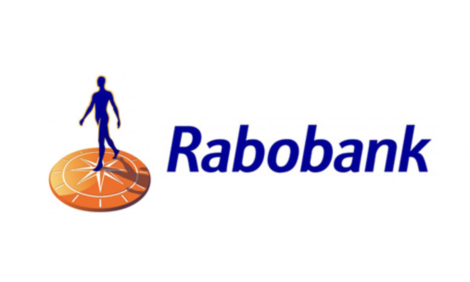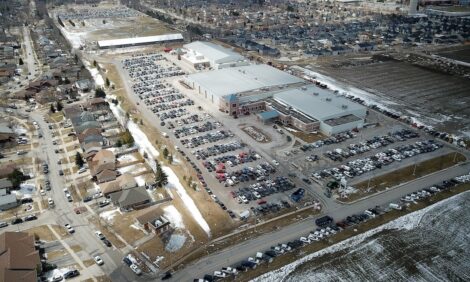



Research to Lower GHG Emissions from Northern Ireland Beef
UK - Differences in methane emissions from livestock are largely related to forage intakes by the animals.Essentially, the higher the intake of the animal, the greater is the amount of rumen digestion and, therefore, the greater is the methane emission.
These are some of the conclusions from research conducted by theAgri-Food and Biosciences Institute (AFBI) beef research programme, which is funded by DARD, AgriSearch, DEFRA and the devolved administrations.
The research measured methane emissions from cattle under a range of production systems, to address the major uncertainties associated with Greenhouse gas (GHG) emissions, particularly from hill systems.
The researchers said that while the emissions are related to the forage intake, the level of performance relative to methane emission needs also to be considered.
For example, an animal consuming less feed per day will have a lower daily methane emission, but may take a greater number of days to reach slaughter, thus generating higher GHG emissions per kg of beef produced.
Research findings to date have not indicated breed differences, but beef produced from the suckler herd has higher GHG emissions relative to beef produced from the dairy herd (18.3 and 9.7 per kg CO2 per kg beef).
This is mainly a consequence of the methane emissions associated with maintaining the suckler cow. However, at an individual farm level, there are a number of ways in which a farmer can try to reduce their GHG emissions.
These include: calving replacement heifers at 24 months; ensuring a tight calving interval; selecting high genetic merit animals; and ensuring good grassland management etc.
More information on GHG emissions will be available at the forth coming Sustainable Farming in the LFAs events at Greenmount Hill Farm and Russell Scott’s Farm on the 24 and 26 September respectively.
TheCattleSite News Desk


